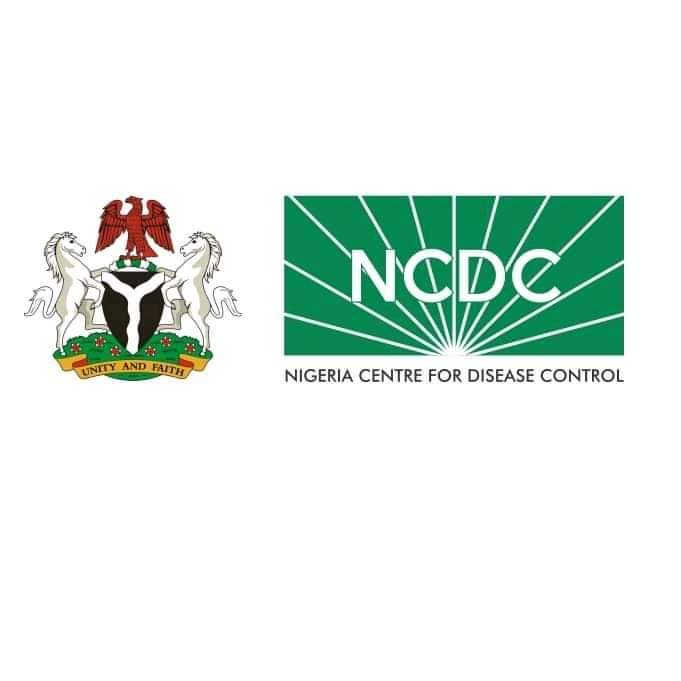The Nigeria Centre for Disease Control (NCDC) yesterday, confirmed 15 new cases of monkey pox from states across the country.
NCDC director general, Dr. Chikwe Ihekweazu, in Abuja, disclosed that the centre registered 59 suspected cases of monkeypox with 15 confirmed.
Monkeypox, is in the same family of viruses as smallpox. It’s a rare but potentially deadly viral infection that begins with flu-like symptoms and progresses to a rash on the face and body.
It tends to last two to four weeks. People who do not have symptoms are not capable of transmitting the virus. Monkeypox infections of that strain are fatal in about one in 100 people, affecting those with weakened immune systems more strongly.
Ihekweazu, was reacting to the Dallas, Texas resident who recently returned from Nigeria and tested positive to the disease.
The News Agency of Nigeria (NAN) reports that it was the first confirmed case of the virus in the U.S. since 2003, with health officials saying that the public should not be concerned.
The DG noted that laboratory tests confirmed that the patient was infected with a strain of the virus mainly seen in West Africa, which included Nigeria.
According to Dallas County Judge, Clay Jenkins, the case is not a cause for alarm, stating: “While rare, this case is not a reason for alarm and we do not expect any threat to the general public.”
He said with passengers wearing masks on the flight and in the airport, the risk of spreading monkeypox through respiratory droplets to others on the planes and in the airports was low.
However, the NCDC director general, said just as the agency responded to other epidemic-prone diseases in the country, an outbreak would be declared when there was a large cluster of monkeypox cases that constituted an emergency.
He hinted: “The federal government was notified of the situation in Texas, through the International Health Regulations (IHR), who reported a case of monkeypox disease diagnosed in a patient who had recently visited Nigeria.
“Since the re-emergence of monkeypox in the country in September 2017, the agency has continued to receive reports and responses to sporadic cases of the disease from states across the country.
“We have been working closely with state health ministries to strengthen monkeypox disease surveillance and response in the country.
“We work with the Enhanced Monkeypox Surveillance Project where we have been training health workers across states to rapidly detect and manage cases.
“Our initial focus was on the states with the highest number of cases – Delta, Bayelsa, Rivers, and Lagos.
“We will continue working with all states to strengthen monkeypox prevention, detection, and control in Nigeria.”
Ihekweazu, urged Nigerians to continue adhering to precautions that protected them from monkeypox and other infectious diseases, adding: “If you feel ill or have a sudden rash, please visit a hospital for diagnosis and management.”

